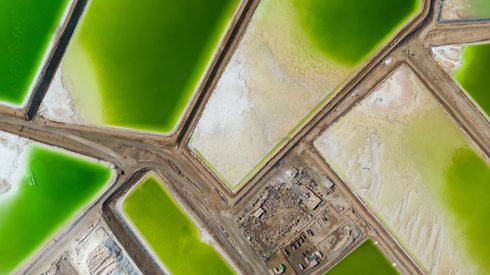Australia-based miner BHP has started construction on one of the world’s largest off-grid mining solar and battery energy storage systems at two nickel mines in Western Australia.
The $52 million Northern Goldfields Solar Project is being built and operated by global renewables group TransAlta Renewables, both companies announced on Wednesday, February 2.
The projects include a 27.4 Megawatt solar farm at Mount Keith, a 10.7 MW solar farm and a 10.1 MW battery at Leinster and will replace power that is currently supplied by diesel and gas. This will result in an estimated reduction of 54,000 tonnes of CO2 per year, BHP said, or a 12% reduction of scope 2 emissions (indirect emissions from the generation of purchased energy).
BHP and TransAlta have also entered into an agreement to identify potential wind sites for 40-50MW of capacity.
“The Northern Goldfields Solar Project is BHP’s first off-grid large-scale renewable energy project across our global operations and, significantly, will remove the equivalent of up to 23,000 combustion engine cars from the road every year, supporting our greenhouse gas reduction targets,” Jessica Farrell, BHP Nickel West Asset president said.
Farrell said that with this off-grid project, BHP was meeting its commitment to deliver sustainable low-carbon nickel to its customers. In July 2021, BHP signed an agreement to supply nickel to electric vehicle manufacturer Tesla Inc, marking another long-term supply deal with an emphasis on establishing a low-carbon supply chain. The partnership was formed with the ambition to promote sustainability within the mining and resources sector, with the two companies also collaborating on energy storage solutions.
Integrating renewable energy such as solar and winds farms into mining operations is a way for mining companies to cut emissions while increasing transparency in the supply chain. There are currently many projects at the beginning of the scaling stage, and due to the high energy demand from mines, there is a mutual interest from both renewable energy companies and miners to develop further projects in the off-grid mining sector.






